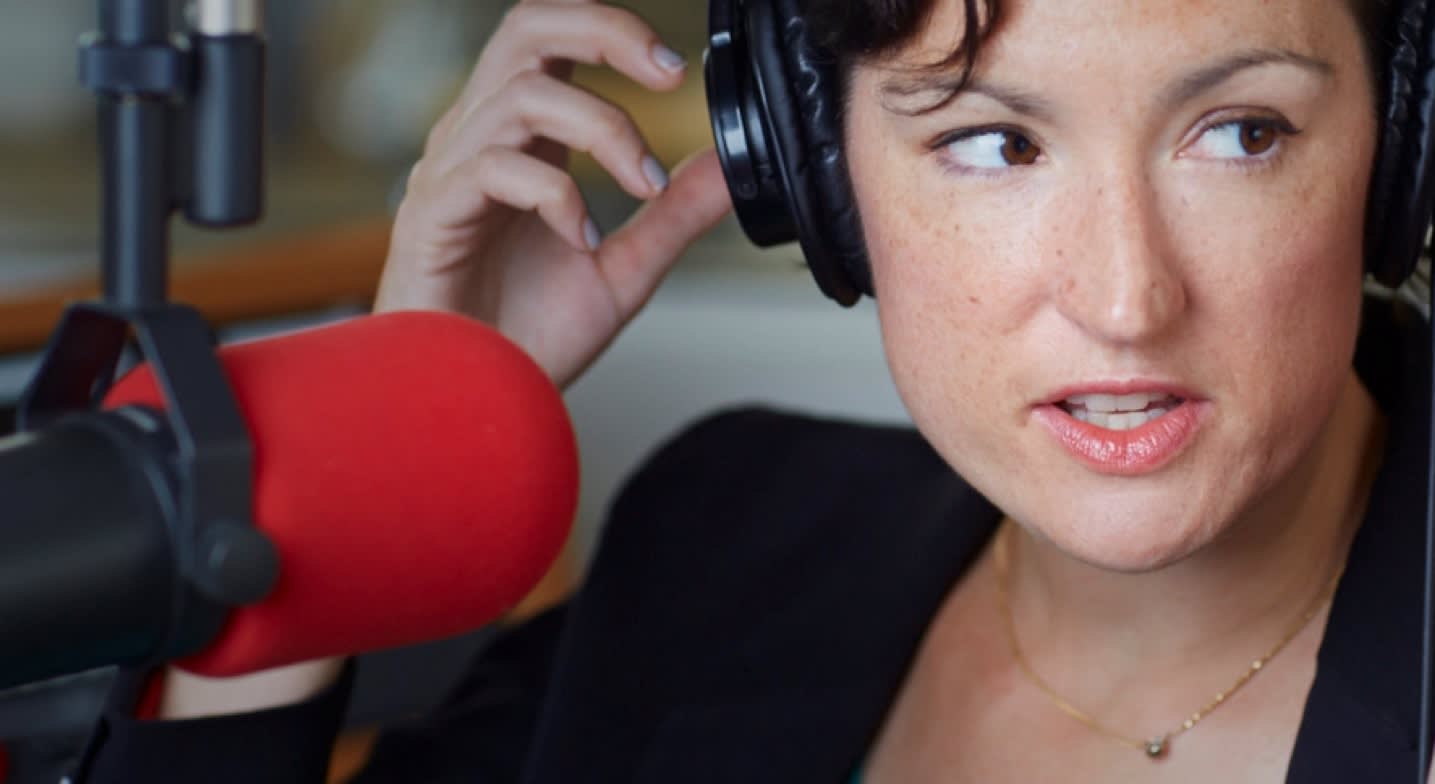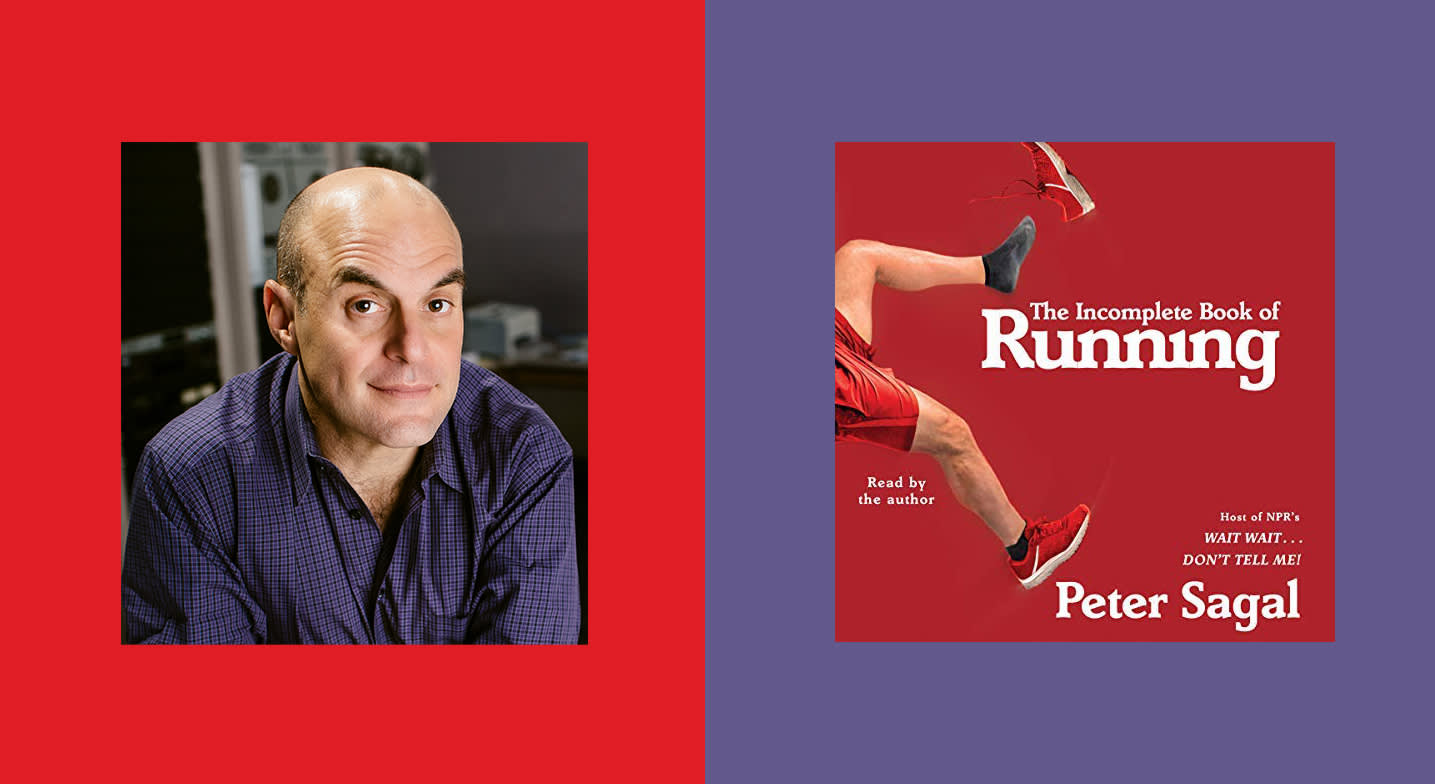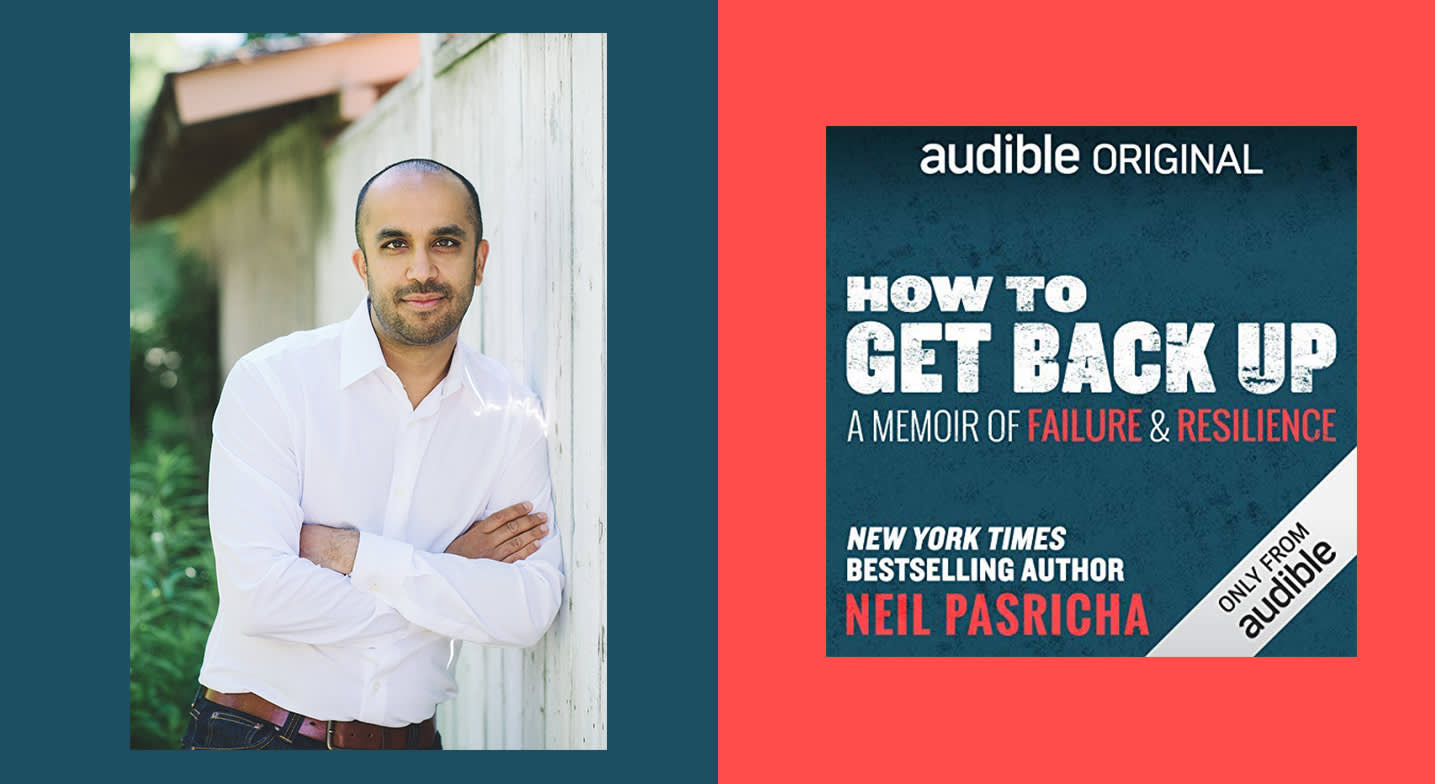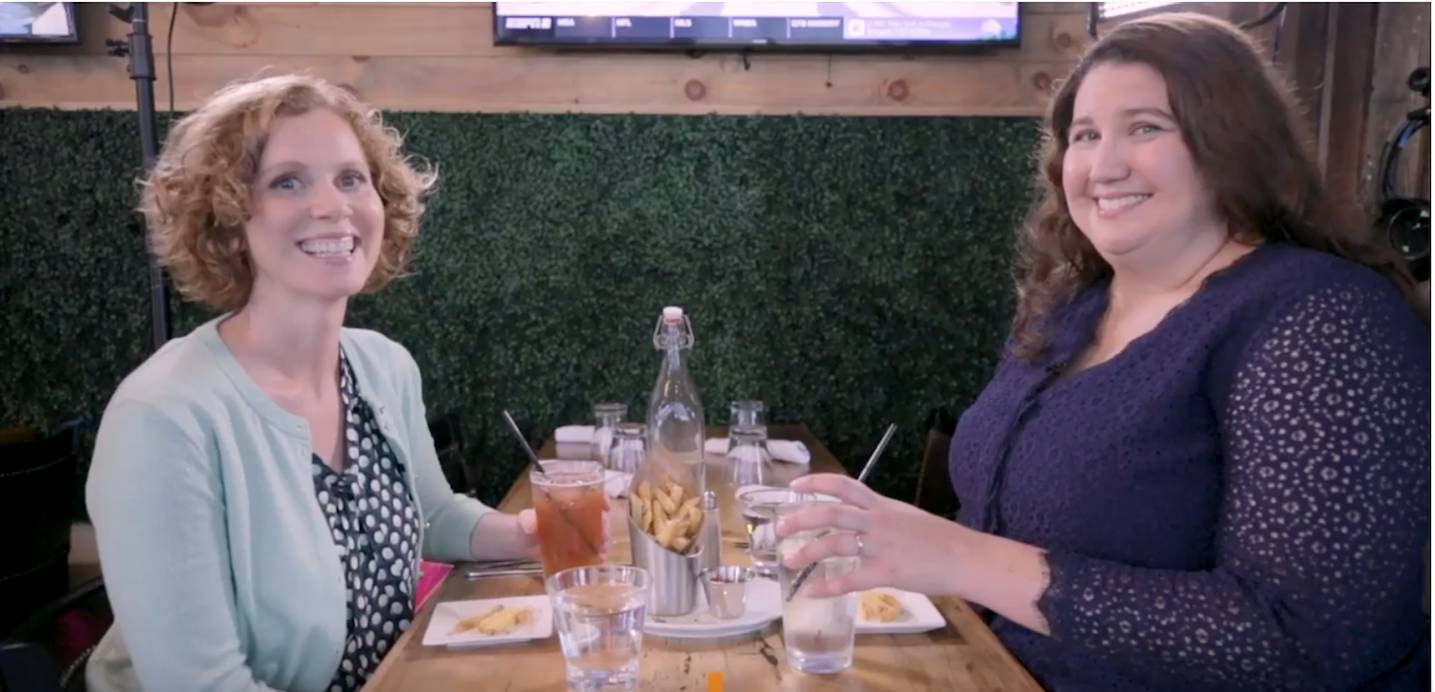Are you a good listener?
Odds are, you’re not. But you think otherwise.
Just ask Mary Harris, the host and managing editor of Only Human, a podcast produced by WNYC Studios in New York that explores stories about health and all of the weird and wonderful things that make us mortal. As part of the show, Harris recently honed in on listening, creating a “Listen Up” series and listening boot camp to help listeners improve their skills.
The challenge, in part, is our brains, says Harris. Research shows that our brains can process 400 words a minute, and yet, we speak an average of 125 words a minute. That gap leaves our minds casting around for more information. And there’s the rub: If we’re actively seeking more information, we’re not really listening.
Most of us think that listening is a passive activity. It’s not.
“We overestimate our skills,” says Harris. “It’s a natural instinct because we can process [words] faster. But in the end, that means that our listening really isn’t in the shape that we want it to be in.”
During the five-show series, Harris spoke with listening experts, a memory champion, a body-language scholar, and others to find out why listening is so challenging (news flash: it gets more difficult as we age) and what we can do about it.
We asked the host for advice on how to be a better listener in long-term situations when the listener isn’t a part of the conversation, like bopping to music, taking in a lecture, or watching a show.
Listening Tips from Mary Harris:
01. Commit to being a better listener.
Most of us think that listening is a passive activity. It’s not. In fact, tuning in can be exhausting. A good listener is mindful of listening. It’s an intentional act. If your attention starts to drift, it’s up to you to be aware and refocus on the speaker.
02. Get rid of all distractions.
Technology hasn’t helped in our quest to be better listeners. Instant messages, texts, emails — they’re all competing for our attention. Close your computer, silence your phone, and be present when you’re listening.
03. Create a three-minute buffer zone.
Whether you’re attending a lecture, listening to music or an audiobook, or heading to a meeting, it’s important that you take time to mentally prepare. Give yourself three minutes to think about what you’ll be listening to. What do you want to get out of it? Why is it important? That also gives you time to clear your mind of all the noise that collects throughout the day (“How’s my kid doing?” “Why did my co-workers say that?” “What is with this traffic?”). By tuning in to the task at hand, you’ll put yourself in a better listening zone and get more out of it.
04. Mirror the person talking.
This is advice that listening experts give for participating in a conversation, but it also applies to longer-term listening. Your goal, when listening, is to tap into what the person speaking is trying to communicate. By mirroring their body language, including their hand positions and facial expressions, you can gain a deeper understanding of what they’re trying to say. Plus, the added task will help you stay focused.
05. Constantly check in.
To be an active listener when you’re a part of an audience, it’s up to you to keep yourself on point. Throughout the talk, ask yourself, “What was that about?” Don’t just hear what the person said and then let it go. Process it, analyze it, and consider how it applies to you.
Want to be a better listener? Tune in to Only Human’s “Listen Up” series on WNYC.org for tips, tricks, and a listening boot camp.




